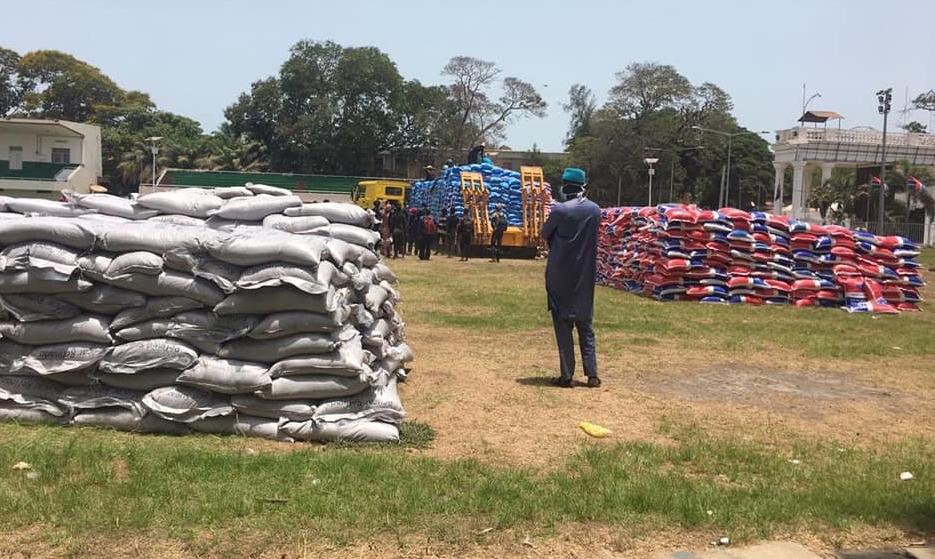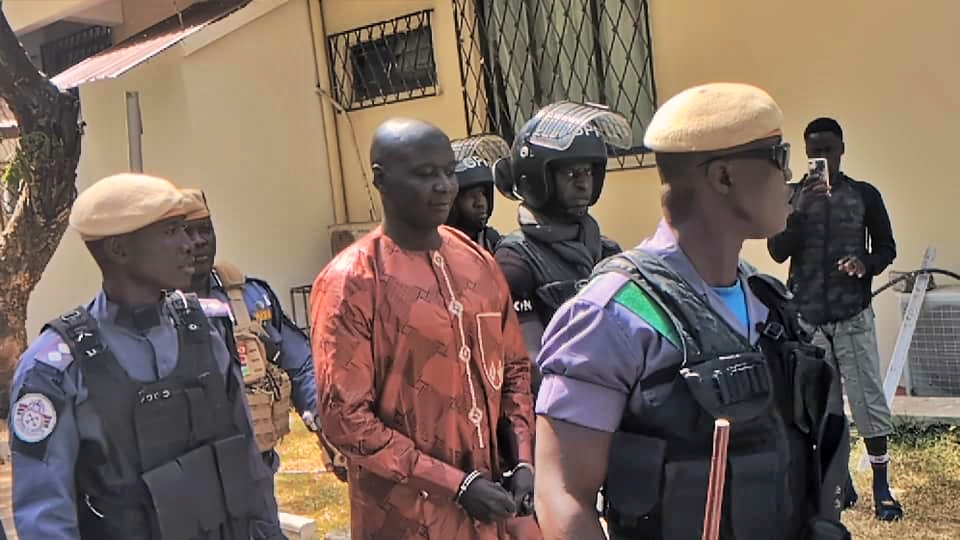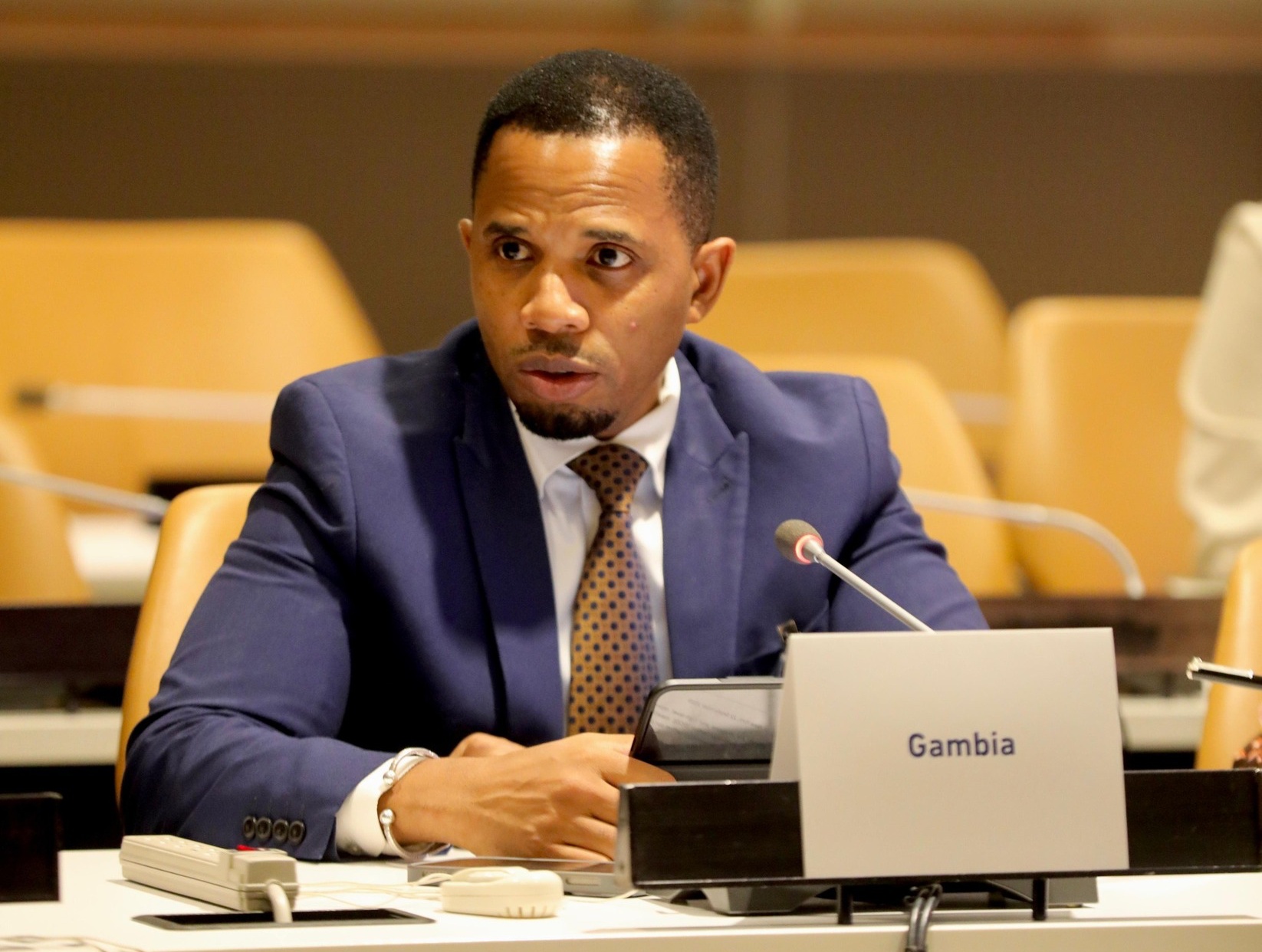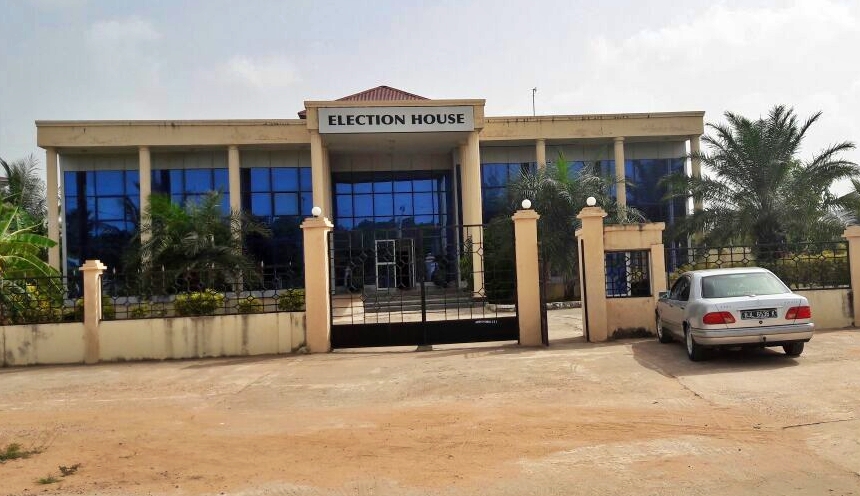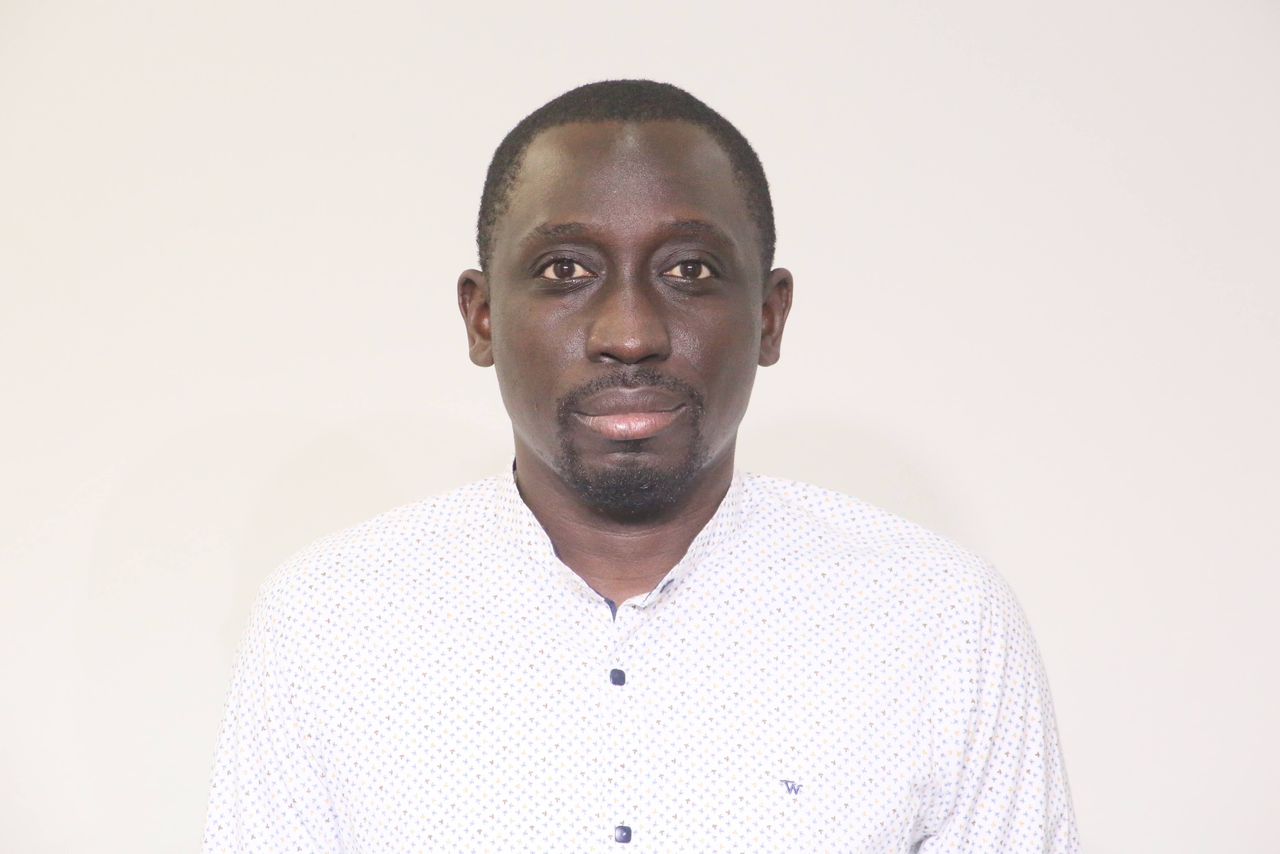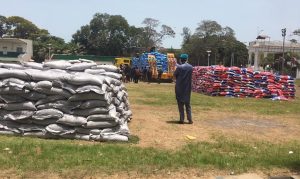Mamadou Lamine Sarr, a political science professor at the Cheikh-Hamidou-Kane digital university in Dakar, has shared interesting insights into the overwhelming victory of Bassirou Diomaye Faye in the first round of the presidential election in Senegal. Sarr noted that while some expected a victory in the second round, the mobilization of the electorate led to Faye’s undisputed win.
Sarr attributed Faye’s victory to dissatisfaction with the outgoing majority’s performance, highlighting deepening economic and social inequalities. He emphasized the importance of safeguarding institutions and the people’s desire for change in governance.
Regarding Senegal’s political landscape, Sarr dismissed a simple liberal versus socialist interpretation, noting a more complex reality. He highlighted Faye’s and other candidates’ understanding of young people’s expectations regarding pan-Africanism, regional integration, and relations with former colonial powers.
Mamadou Lamine Sarr also pointed out that Faye’s campaign resonated with voters due to his promises of tackling corruption and promoting transparency in government. He stressed the need for a new approach to governance that prioritizes the needs of the people and addresses their concerns. In conclusion, Sarr expressed optimism about the future of Senegal under Faye’s leadership, believing that the country is poised for positive change and progress.
President Macky Sall’s decision to postpone the election, which sparked widespread opposition, has also certainly contributed to Faye’s victory, according to the political science lecturer. He also criticized the ruling camp’s handling of the candidate selection process, particularly the lack of support for Amadou Ba.
Discussing the opposition, Sarr noted that candidates like Khalifa Sall and Idrissa Seck were perceived as part of the “system” and failed to resonate with young voters seeking change.
Mamadou Lamine Sarr addressed Amadou Ba’s attempt to portray Faye and Ousmane Sonko as adventurers and populists, stating that such rhetoric did not sway voters who desired a fundamental change in governance.
Regarding Pastef’s program, Mamadou Lamine Sarr highlighted its focus on changing governance to tackle corruption, inequalities, and other societal issues. He noted that while promises like leaving the CFA franc resonated with voters, they understood that such changes would take time.
When asked about Senegal’s relationship with France under Faye’s leadership, Mamadou Lamine Sarr predicted no major changes but emphasized a desire for greater diversification in partners.
Mamadou Lamine Sarr concluded by expressing confidence that Ousmane Sonko would play a significant role in Faye’s administration, given their relationship and Sonko’s influence among voters.
The interview with Mamadou Lamine Sarr provides valuable insights into the factors behind Bassirou Diomaye Faye’s victory and the expectations of the Senegalese electorate for change in governance.




